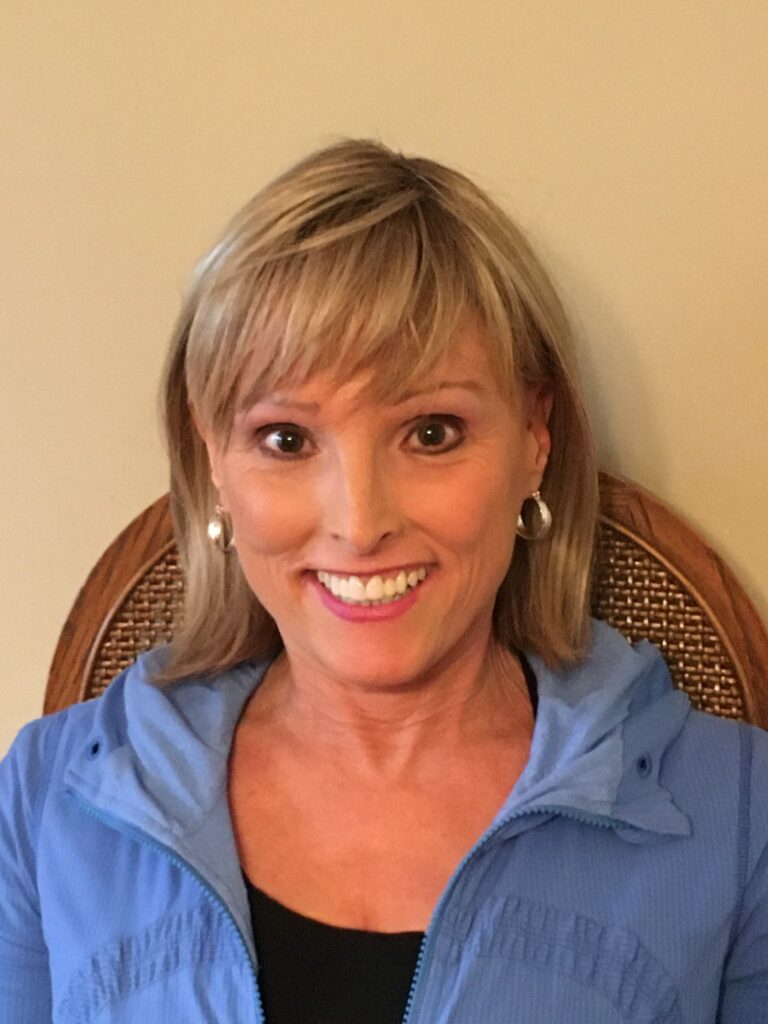Mary Ann is a mother of two boys. Her oldest is 14 years old and has an FASD diagnosis. Her younger son is 11. He has been diagnosed with a number of neurodevelopmental difficulties, including Autism, but she has been unable to get an FASD diagnosis for him because they have no proof of prenatal alcohol exposure.
Mary Ann is an extremely busy woman. Her time is divided between caring for her two children and working in the realm of FASD advocacy. Mary Ann started out with a career in financial planning, but she transitioned into the role of a stay-at-home mom after adopting her first son. She has not yet been able to return to work due to the needs of her children.
Mary Ann has rooted herself within the FASD network in the Halton region of Ontario. She has become an advocate for kids with FASD and their caregivers, working to get the needed supports for her family and those like hers. She is on the CanFASD Family Advisory Committee; a co-founder of Halton FASD Parent/Caregiver Support Group and Halton Adult FASD Parent/Caregiver Support Group; chairs a Parent/Caregiver Working Group that meets with dedicated stakeholders in the community; and is the program coordinator for services like REACH For It Halton and Camp Unity Halton.
Mary Ann believes research is an extremely important step in getting services and supports for individuals with FASD and their caregivers.
“I think it’s so important because there’s so much misinformation out there about FASD and there’s a lot of stigma attached to FASD… As we have research-based information out there to call upon, we can advocate better for our loved ones and we can trust that what we’re doing for our kids is the right thing.”
Her position with the CanFASD Family Advisory Committee gives her the ability to connect with researchers from across Canada who are experts in the field of FASD and allows her to share her first-hand knowledge and expertise to ensure the research is beneficial to families.
“The researchers share with us the most up-to-date projects they’re working on and we share with them gaps that we see in our day to day lives and unanswered questions that we see again and again in our FASD communities. [The researchers] can tweak what they’re doing so the research doesn’t just sit on the shelf after it’s done. It is much needed information that we can use in our day to day efforts to support our loved ones and to educate professionals and policymakers. [The research] can change lives.”
Mary Ann is also part of the Halton FASD Collaborative as a parent and advocate. The collaborative is a group of community stakeholders who have come together with a vision that Halton is an FASD-informed community. Their mission is to work together to prevent FASD and promote a system of care for the well-being of individuals at risk or living with the effects of FASD.
The Collaborative consists of 9 working groups:
- Preconception and Pregnancy;
- Early years (0-6 years);
- School-aged (7-17 years);
- Transition Aged Youth (TAY)/Adults (16+ years);
- Camp Unity and Leaders in Training;
- Parent Support Group (School Aged) & REACH For It;
- Parent Support Group (Adults) with FASD;
- FASD Resource Team (Community of Practice); and
- FASD Assessment & Diagnostic clinic.
The Halton FASD Collaborative offers a number of unique programs and services, such as:
- REACH For It: A recreational program for children with FASD that matches them with an FASD-informed police officer to participate in community activities;
- Camp Unity Halton: A specialized day camp that provides a supportive and engaging learning environment for children or youth with diagnosed or suspected FASD; and
- Leaders in Training: A year-round program in connection with Camp Unity Halton that builds leadership skills in youth and young adults;
- FASD Parent/Caregiver Support Group: A support group for parents and caregivers of individuals with FASD;
- Adult FASD Parent/Caregiver Support Group: A support group for parents and caregivers of adults with FASD;
- Community of Practice: A program offering training in FASD, individual case consultations, local conferences, and more; and
- Diagnostic Clinic: Getting a diagnosis of FASD in Ontario is very challenging and often costly to families. Halton has developed a diagnostic clinic with some Trillium Funding that allows for approximately 10 assessments per year for children and youth living in Halton.
Mary Ann recently had the opportunity to attend an Acceptance and Commitment Therapy Training through a research project in Toronto. She is looking for opportunities to bring these training programs to parents and caregivers in the Halton region.
“Having the Acceptance and Commitment Therapy (ACT) as part of your life is really going to set your whole family up for success… This is something I want to take to the next level. I want to help myself first, and then share the ACT experience with my husband and children, and parents and caregivers to help us all live more fulfilling lives.”
